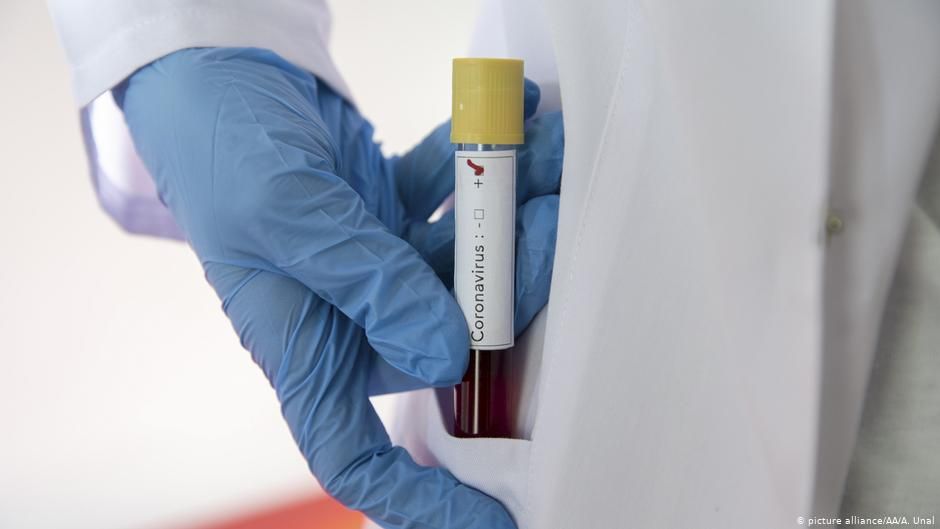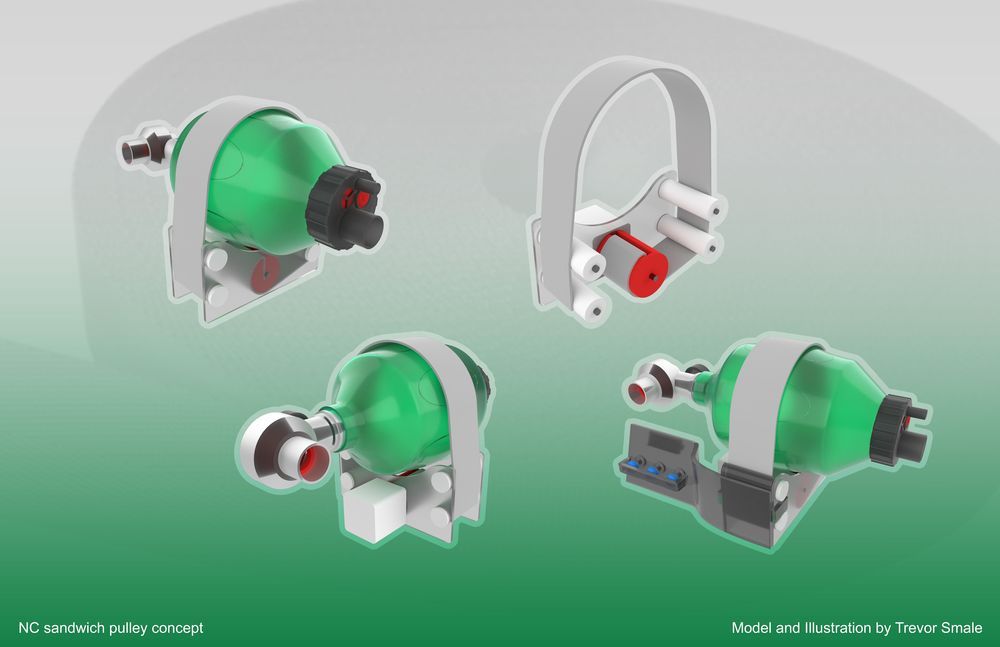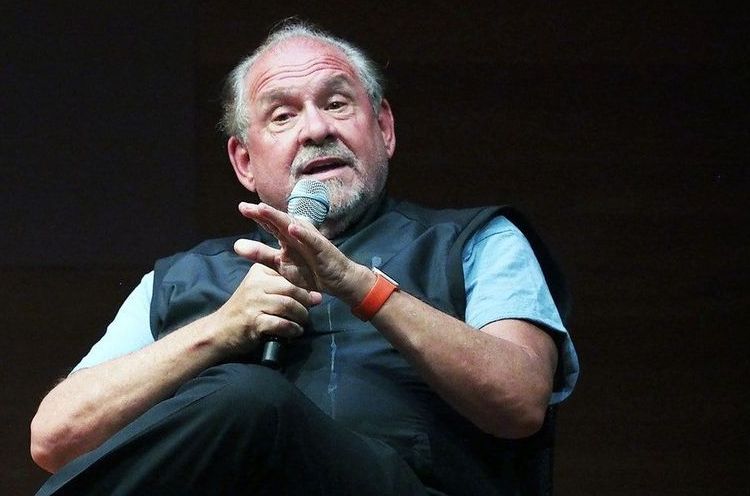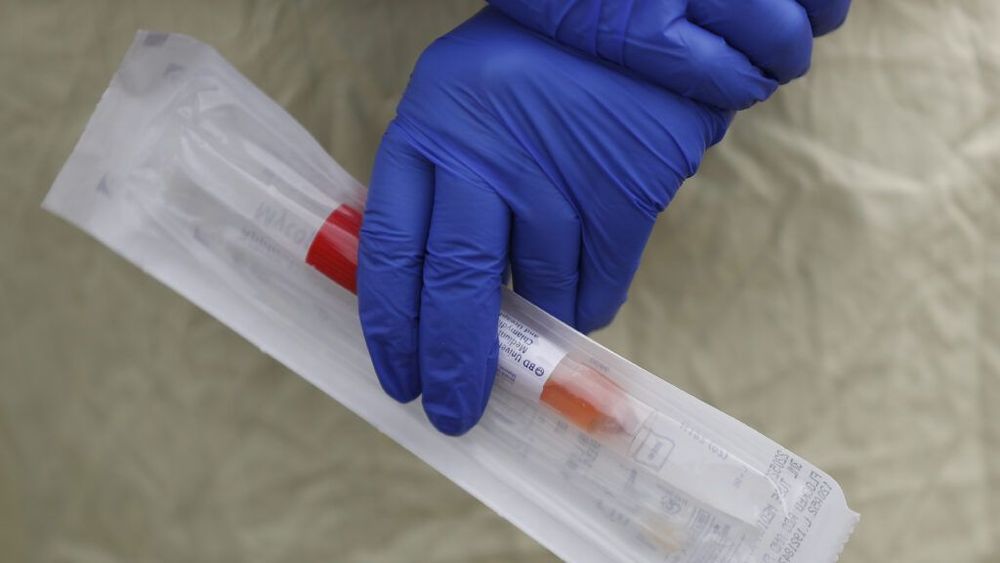Numbers don’t lie, they say. And the numbers show that, as with other life sciences and biotech fields, the number of women in leadership positions in the synthetic biology space is disappointingly low. Last year, I reported that only 14% of the 236 synthetic biology companies I surveyed were led by women. I think most people would agree this is a serious issue — and that something needs to be done about it. But all too often, well-meaning, proactive efforts fizzle out before they have a chance to make a real impact. Why?
I think one of the biggest problems lies in what the numbers can’t show us. The numbers can’t help us understand what it is like, day in and day out, to be a woman in a space where your authority, expertise, and qualifications are constantly questioned. The numbers can’t help us feel the sadness, anger, and frustration facing many women in synthetic biology. The numbers don’t adequately describe what it is really like to be a woman in synthetic biology, so for those that aren’t a woman in synthetic biology, the problem is easily forgotten, or assumed to be taken care of by, who else, the women in synthetic biology.
To put some emotion and empathy behind the numbers — rather than distance and apathy — I recently reached out to several leading women in the synthetic biology space for their stories. In their own, non-sugar coated words, here’s what’s it’s really like to be a woman in synthetic biology. I hope you are as inspired by their stories as I am.








